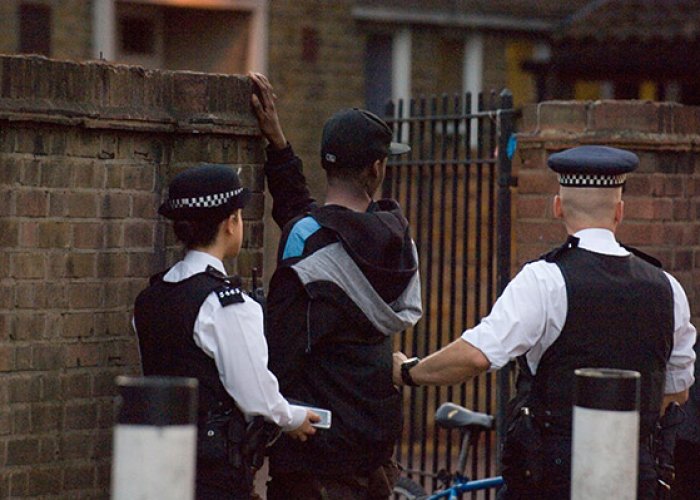The Victims’ Commissioner has today published her proposals for a Victims’ Law.
Commenting on the proposals, Nina Champion, Director of the CJA, said:
‘The CJA was delighted to be consulted on the Victims’ Commissioner’s proposals for the Victims’ Law, and we welcome her focus on restorative justice and the needs of Black, Asian and minority ethnic victims.
‘Research shows that restorative justice increases victims’ satisfaction, improves their wellbeing, and reduces reoffending. Yet only 1 in 20 victims recall being informed about restorative justice, according to the Office for National Statistics, representing a missed opportunity for improved victim confidence and less crime. This will continue to be the case until criminal justice agencies, such as the police, are required by law to inform victims about restorative justice, as the Victims’ Commissioner has recommended.
‘The government has in the past produced national action plans for restorative justice. However, the last action plan produced was for the period 2016 to 2018. We’d like the new Victims’ Law to require the government to have an action plan in place, to increase the awareness and use of restorative justice and practices across the criminal justice system. This will help embed a restorative culture and ensure restorative justice is a priority for the police, prisons and probation.
‘Our members have told us that Black, Asian and minority ethnic victims can face bias and discrimination when dealing with the police and other agencies in the criminal justice system, and that a lack of trust and confidence can result in lower uptake of victims’ services. We also know many specialist organisations working with victims from minoritised communities struggle to get the funding they need. We therefore welcome the Victims’ Commissioner’s call for criminal justice agencies to have a duty to report on how they’re meeting the needs of victims from minority groups.’
In 2019, the CJA published its ‘A journey of learning, growth and change’ report, looking at how restorative justice is being used across England and Wales. We also held a roundtable with members to discuss the experiences of Black, Asian and minority ethnic victims.



